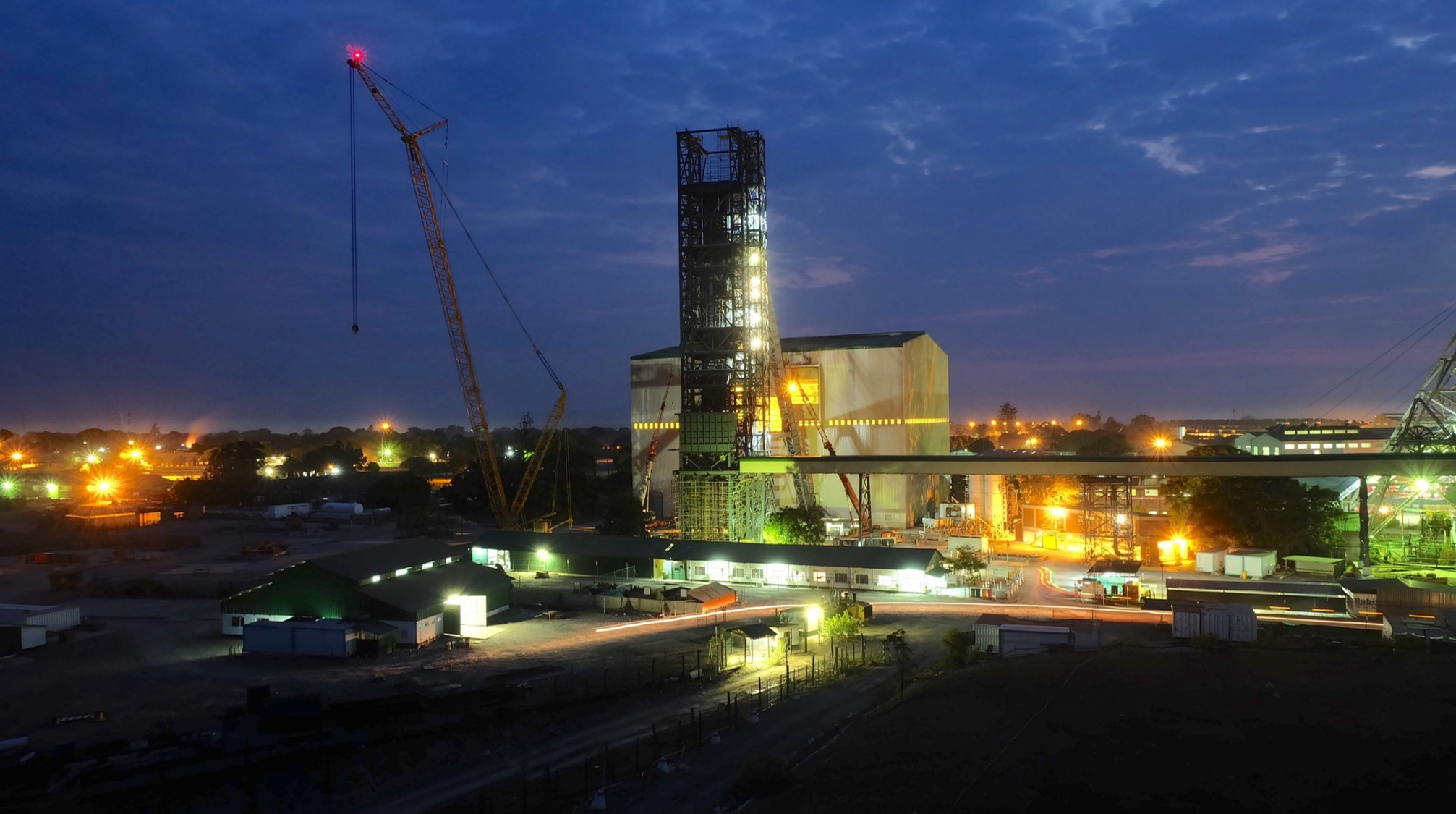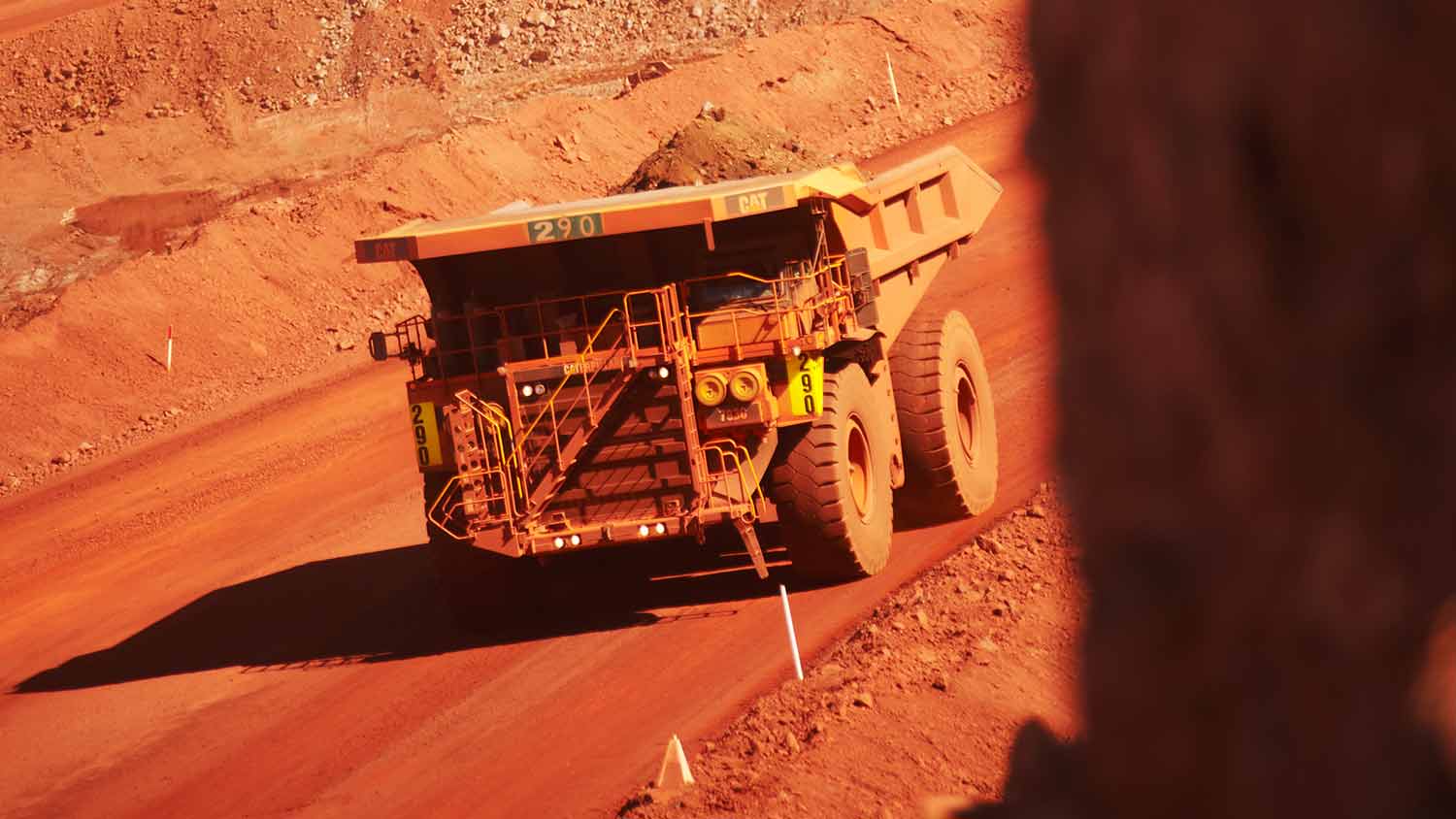Mining investments a lot safer in Mozambique, Burkina Faso and PNG
Resource-rich developing nations, such as Mozambique, Senegal, Burkina Faso and Papua New Guinea have advanced significantly in combatting corruption over the last four years, which is turning them into more desirable destinations for the extractive industry, said Wednesday UK-based risk consultancy...
You've reached your limit of free weekly articles
Keep reading MINING.COM with a TNM NEWS+MARKETS Membership.
TNM Memberships is your key to unlocking access to the best news, insights, and data in the mining industry.
Get Started with a free 45-day Trial ** Credit card required to begin free trial. Your card will be charged 45 days from signup. You will receive an email notification seven (7) days before the free trial period ends.
Already a Member?
Sign inSubscribe for Unlimited Access
Enjoy unlimited News Stories and Specialty Digests, along with Mining and Metal Market insights as part of your NEWS+MARKETS Membership. Or go even deeper with our Global Mining Data platform, TNM Marco Polo, included with your NEWS+DATA Membership.
Explore Full Membership Benefits





